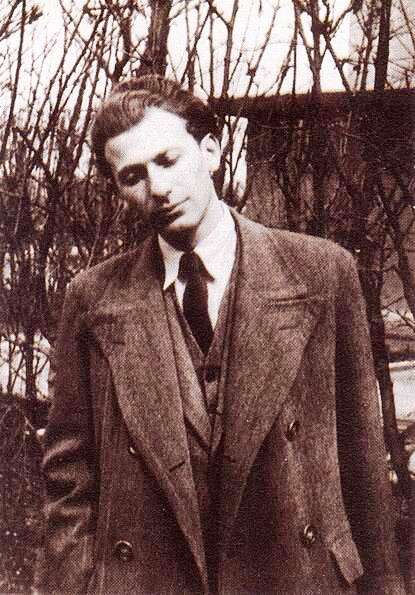Radnóti Miklós: The first eclogue (Első ecloga in English)
Első ecloga (Hungarian)Quippe ubi fas versum atque nefas: tot bella per orbem, tam multae scelerum facies;... PÁSZTOR Régen láttalak erre, kicsalt a rigók szava végre? KÖLTŐ Hallgatom, úgy teli zajjal az erdő, itt a tavasz már! PÁSZTOR Nem tavasz ez még, játszik az ég, nézd csak meg a tócsát, KÖLTŐ Még szomorú se vagyok, megszoktam e szörnyü világot PÁSZTOR Hallom, igaz, hogy a vad Pirenéusok ormain izzó KÖLTŐ Nem menekült. Két éve megölték már Granadában. PÁSZTOR Garcia Lorca halott! hogy senki se mondta nekem még! KÖLTŐ Észre se vették. S jó, ha a szél a parázst kotorászva PÁSZTOR Nem menekült. Meghalt. Igaz is, hova futhat a költő? KÖLTŐ Ágyudörej közt? Üszkösödő romok, árva faluk közt? „Itt, hol a bűn az erény, harcok dúlják a világot, oly sok alakban lép fel a vétek” (Trencsényi-Waldapfel Imre fordítása, Vergilius - Georgica)
|
The first eclogue (English)Quippe ubi fas versum atque nefas: tot bella per orbem, tam multae scelerum facies... Shepherd: I have not seen you for long, did the call of the thrushes bring you? Poet: The woods resound with their clatter, spring must be on its way! Shepherd: It’s not spring yet, just the sky is teasing, look at that puddle, Poet: I am not even sad, I have grown so used to this horrible world Shepherd: Indeed, I have heard that on the wild ridges of the Pyrenees, Poet: He did not escape. Two years ago now he was killed in Granada. Shepherd: Garcia Lorca is dead! he is dead and no-one has told me! Poet: Mourned? No-one has noticed. And we are lucky if the wind, Shepherd: He did not escape. He is dead. Why, where could a poet run? Poet: In the roar of the guns? Among smoking ruins, abandoned hamlets?
|




